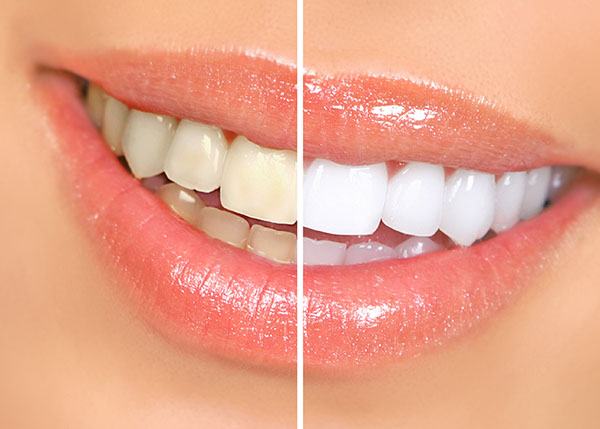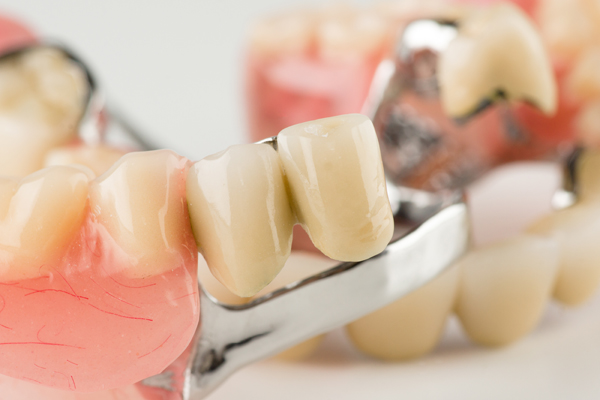Recommendations for Helping Sensitive Teeth During a Teeth Whitening Treatment
 If you are interested in a teeth whitening treatment, you will be delighted with the results. This is perhaps the fastest way to improve the appearance of teeth and, therefore, a smile. We perform whitening procedures in our office for those that are getting ready for a special occasion, wanting to update their look, or getting a smile makeover. We often incorporate whitening into procedures like getting a tooth restored or having veneers placed. This is because the crown or veneer will be created to match the surrounding teeth, making it important for them to be as white as possible. While this is an easy and effective option for most of our patients, some are concerned with tooth sensitivity.
If you are interested in a teeth whitening treatment, you will be delighted with the results. This is perhaps the fastest way to improve the appearance of teeth and, therefore, a smile. We perform whitening procedures in our office for those that are getting ready for a special occasion, wanting to update their look, or getting a smile makeover. We often incorporate whitening into procedures like getting a tooth restored or having veneers placed. This is because the crown or veneer will be created to match the surrounding teeth, making it important for them to be as white as possible. While this is an easy and effective option for most of our patients, some are concerned with tooth sensitivity.
It is common for adults to experience sensitivity at some point in their lifetime. Teeth are protected by a hard outer layer called enamel. This is not the entire tooth but rather the outer shell. Over time, the enamel can wear away, leaving the porous dentin and nerve endings exposed. In this scenario, anything touching the tooth can lead to irritation or discomfort. Erosion can happen for a variety of reasons including poor oral health, infections, brushing too aggressively, and eating acidic foods. If you are living with sensitive teeth, it is important to have your teeth examined prior to starting a whitening procedure. We will determine how extensive the erosion is and make a recommendation for whether you can have a whitening procedure or if you would be best served by wearing dental crowns that can protect the teeth while improving their appearance.
In our dentist office, we will also check to see if there are any oral health concerns that could lead to sensitivity. For example, patients with gum disease should have their gums cleaned and any necessary treatments completed prior to whitening teeth. Simultaneously any other infections or cavities should be treated because when the bleaching agent connects with infected teeth or gums, it can cause unnecessary irritation. This is an easy step to plan for as we chart out your total treatment plan and decide when to begin your teeth whitening treatment.
If you have mild sensitivity only, you can typically proceed with a teeth whitening procedure without concern. The American Dental Association published a report, “Tooth Whitening/Bleaching: Treatment Considerations for Dentists and Their Patients” in 2009 where they discussed this issue. It was their recommendation that patients with sensitive teeth begin using a desensitizing toothpaste containing potassium nitrate, prior to having teeth whitened and afterward for as long as necessary. By simply changing toothpastes, sensitivity can become manageable. Additionally, they recommended using the whitening trays, prior to starting the procedure, to apply potassium nitrate directly to the teeth. Keeping the trays on for ten to thirty minutes can greatly decrease any sensitivity.
Fortunately, these steps are fairly easy to take and make it possible to undergo a teeth whitening treatment without concern over tooth sensitivity. To learn more, call our office and schedule a consultation.
Cosmetic Dentistry > Laser Dentistry If you are interested in a
If you are interested in a 
